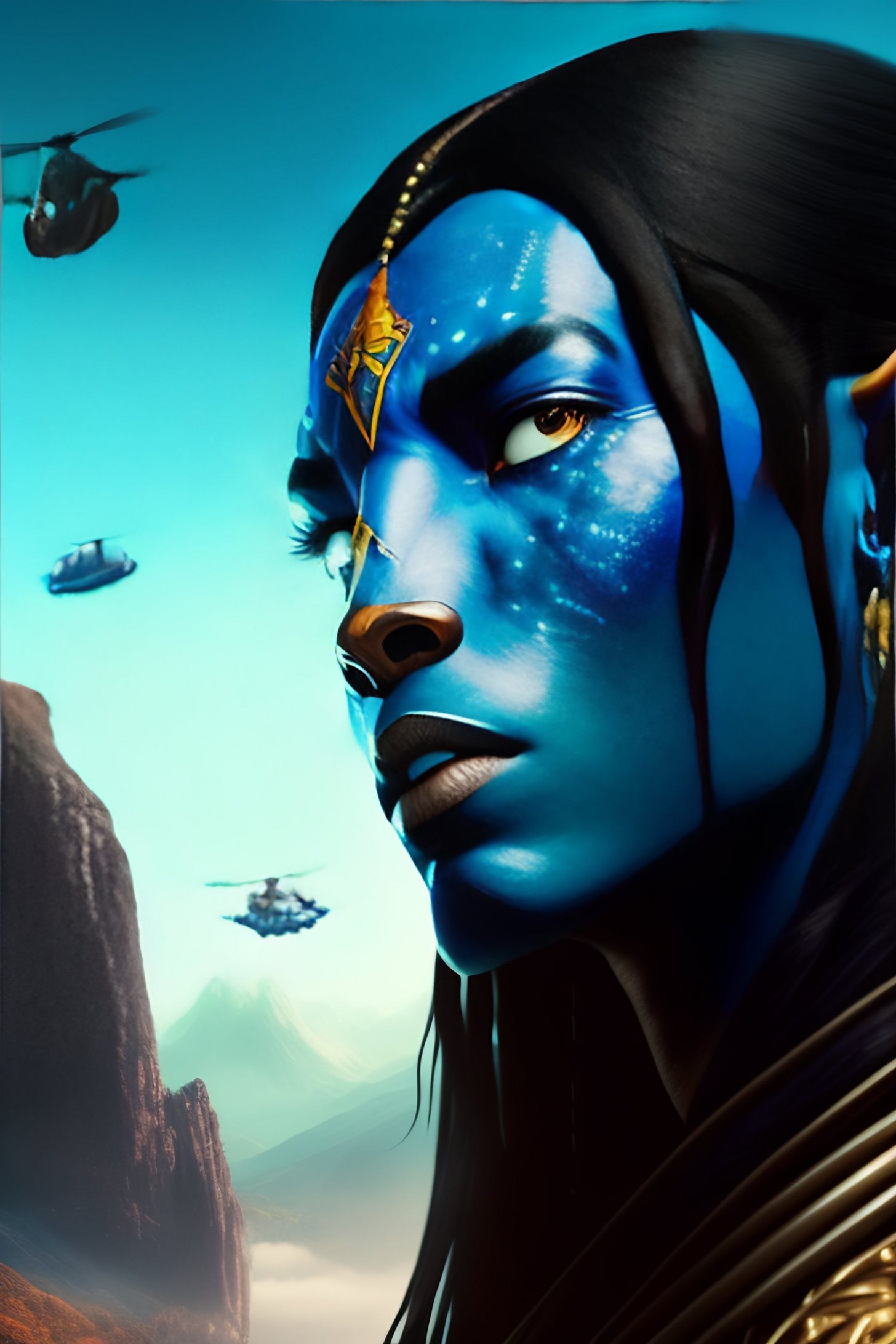Avatar: The Way of Water Uses Common Tropes but With Important Messages
Although I expected more from 13 years of production
Can we ever escape the desire to conquer? I pondered this question on humanity as I watched Avatar: The Way of Water over the weekend. In this latest installment from James Cameron, 13 years in the making, humans are portrayed as the Sky People who are seeking to colonize and plunder the planet, Pandora.
The Na’vi, an indigenous population on Pan…
Keep reading with a 7-day free trial
Subscribe to PolisPandit to keep reading this post and get 7 days of free access to the full post archives.


